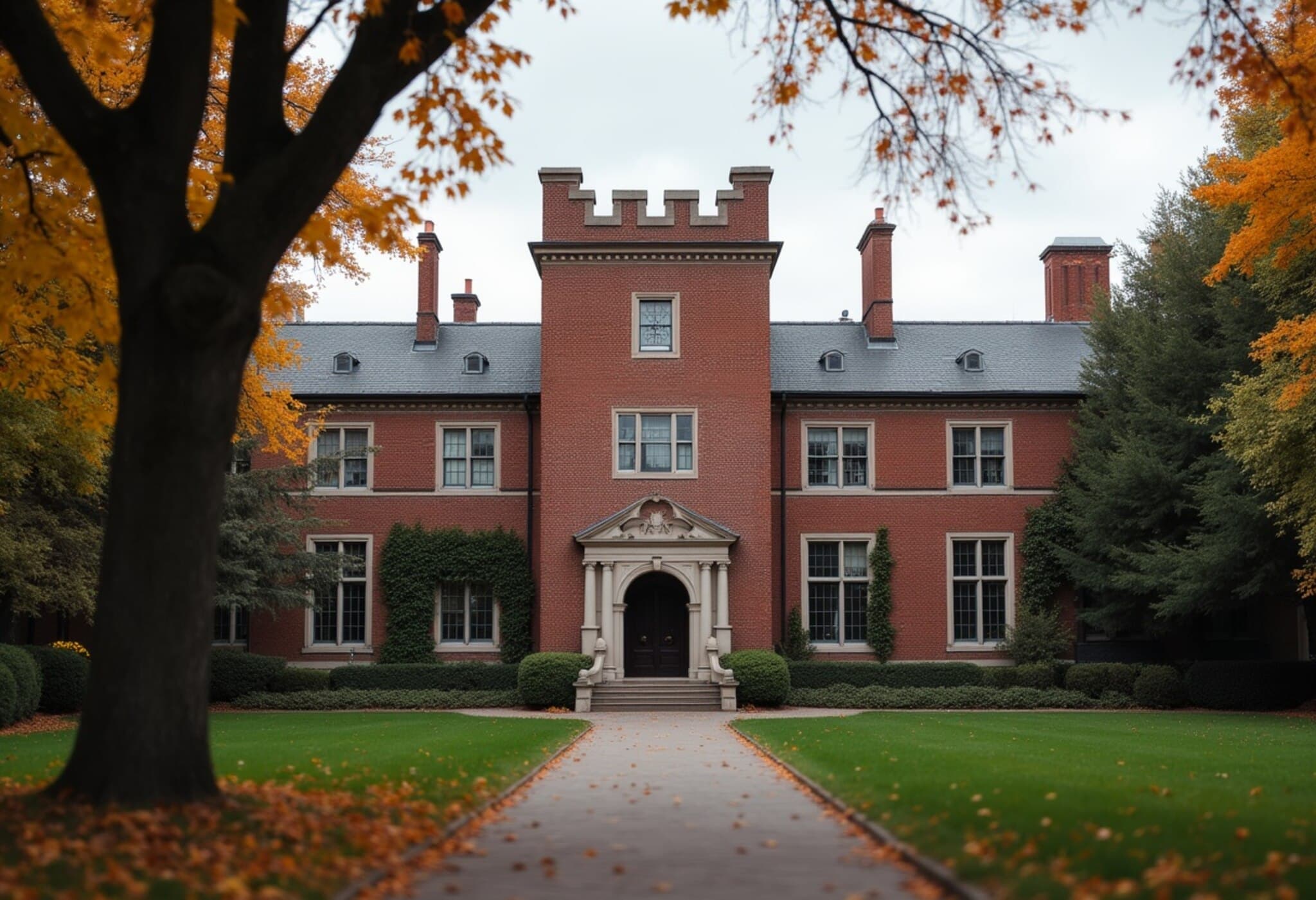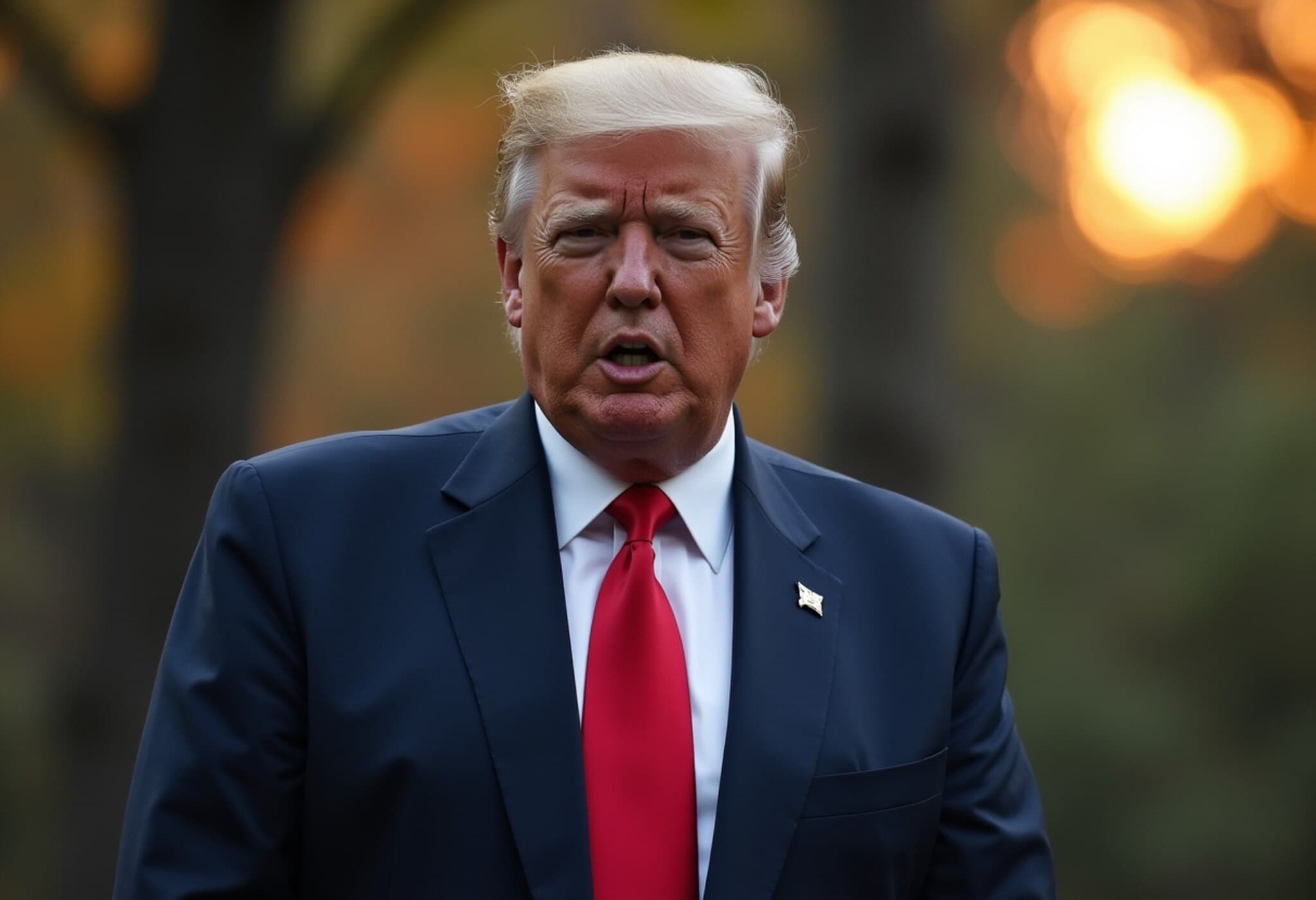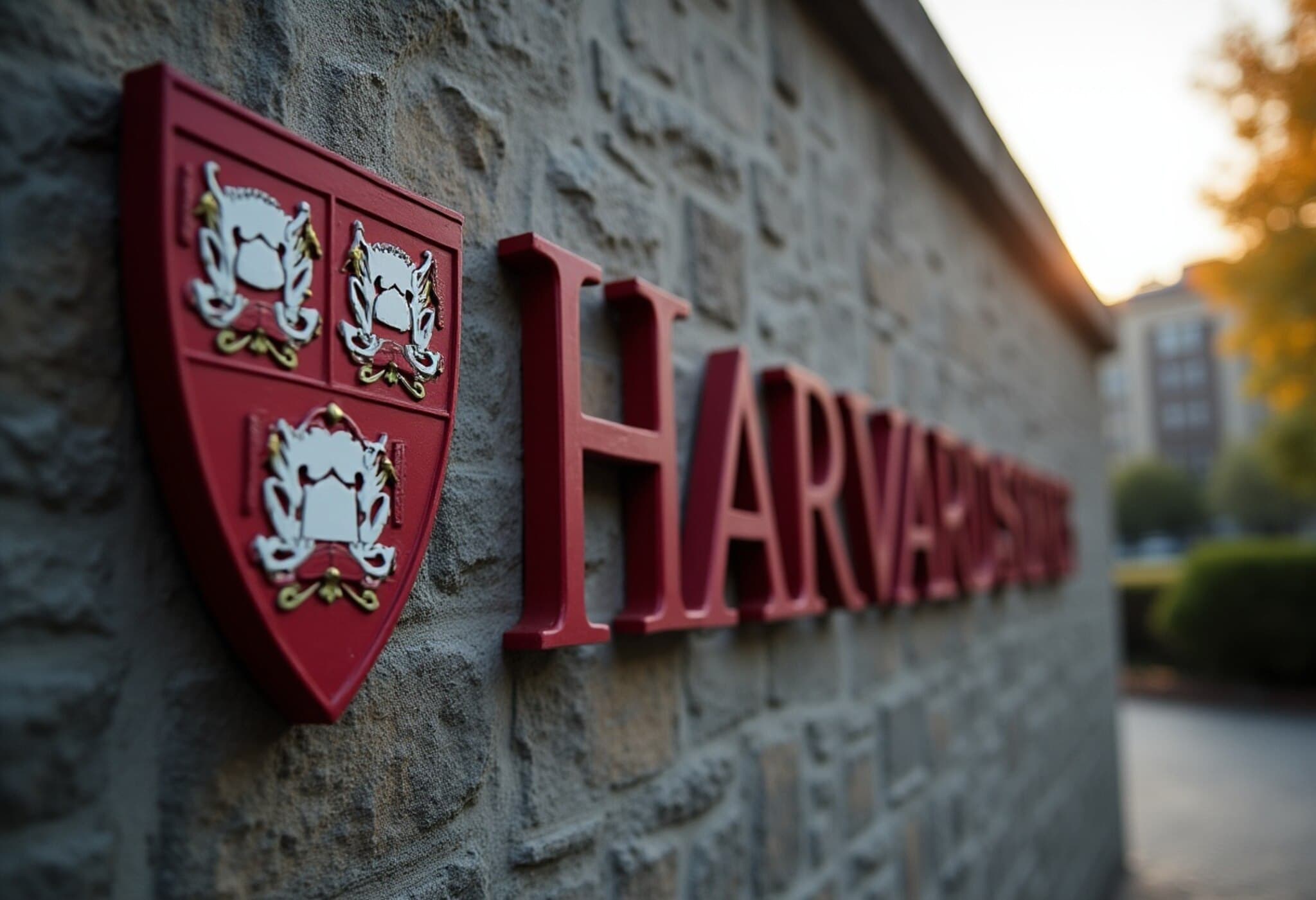Indian Students at Harvard Navigate an Unstable Future Amid Policy Turmoil
For many Indian students studying at Harvard University, recent months have been marked by a deep sense of uncertainty and anxiety. Faced with administrative crackdowns and shifting immigration policies, students are weighing difficult choices about their futures amid a challenging job market.
The Storm Behind the Scenes: How Policy Changes Hit Harvard
The Trump administration's recent actions against Harvard have fueled a complex web of complications. These include a freeze on $2.2 billion in grants, revocation of Harvard's eligibility to enroll international students, and suspension of visas for foreign nationals participating in academic programs. The Department of Homeland Security accused the university of fostering an "unsafe campus environment" — allegations Harvard strongly disputes.
Additionally, U.S. leadership claimed Harvard withheld crucial information concerning international students, escalating tensions and fueling widespread concern among the student community.
Student Experiences: A Rollercoaster of Emotions and Uncertainty
Several Indian students, speaking anonymously to protect their privacy, describe this period as a "rollercoaster" ride. Many had hoped to stay in the U.S. after graduation to work and repay substantial student loans, only to find employers increasingly reluctant to hire international graduates due to visa uncertainties.
- One recent graduate from the Harvard Kennedy School shared the frustration of a "desperate job search" amid employers' hesitance to engage with international candidates.
- A student from the Harvard Graduate School of Design recalled how sustaining institutions felt immensely shaken when the Trump administration terminated Harvard’s Student and Exchange Visitor Program certification days before graduation.
The escalating unpredictability has led many to reconsider their plans, with some opting to return to India sooner than intended, while others entertain thoughts of relocating to more welcoming countries.
Wider Impact on Funding and Career Opportunities
The funding cuts have rippled across sectors closely tied to Harvard’s programs, including policy research, climate initiatives, healthcare, and public health. These reductions limit student opportunities for meaningful work experience within the United States, intensifying concerns about career prospects.
New Arrivals and Their Dilemmas
Prospective students set to begin their studies in the fall face a particularly daunting choice. Many weighed the costs of leaving home and securing futures in the U.S., only to find the environment increasingly inhospitable for international scholars. Some are reconsidering applications or looking toward universities in Europe and other parts of the world.
Currently, Harvard hosts about 788 Indian students and scholars for the academic year 2024-25, part of a broader community of roughly 10,158 international participants across all Harvard schools.
A Shifting Dream, Yet a Glimmer of Support
The once-celebrated "American Dream" that attracted students worldwide has undeniably dimmed. According to one Harvard Kennedy School graduate, the changes inflicted may have caused "damage that is unrepairable," reshaping perceptions and expectations about studying and building careers in the U.S.
Still, amid the upheaval, the university's administration has demonstrated stronger support for its international cohort, and students themselves have rallied to uplift one another, fostering a resilience that may help navigate these turbulent times.
Looking Ahead
While the path forward remains uncertain, many students hope this period of instability will be short-lived. The prospect of legal challenges and administrative shifts could restore some stability, but for now, international students at Harvard continue to contend with the precariousness of their academic and professional futures.
This challenging chapter highlights the larger conversation about immigration, education, and global mobility in an ever-changing political climate.



















